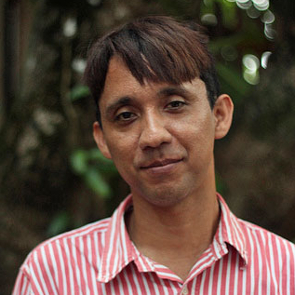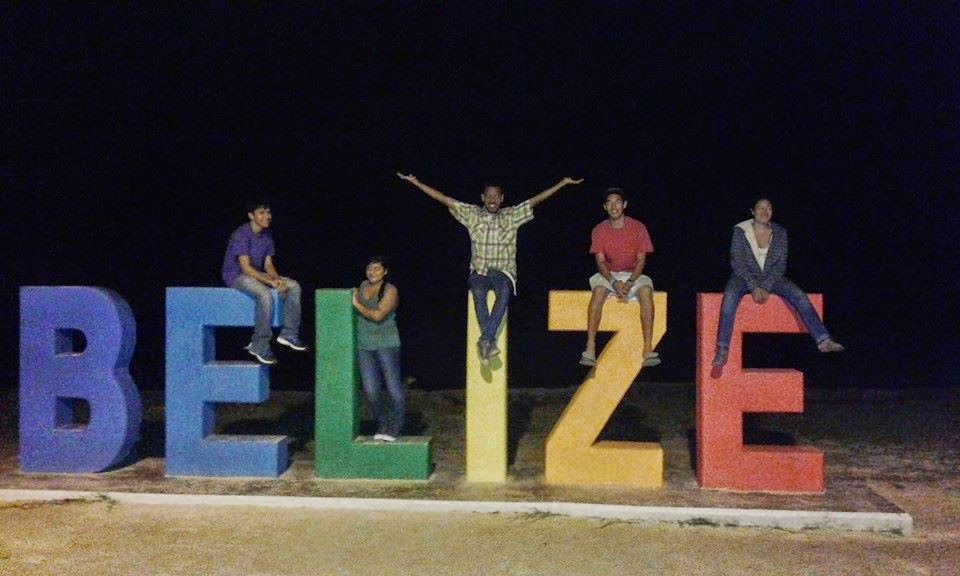
Caleb Orozco
“I am hopeful awareness of the award will inspire more of my community to be publicly visible and to be proud about who they are. We hope we can inspire other LGBT activists that change is possible especially in a difficult political environment."
The Belizean National AIDS Commission (NAC) awarded Caleb Orozco in recognition for his contribution to the national HIV response in reducing the stigma and discrimination associated with HIV.
Caleb Orozco is the Executive Director of the United Belize Advocacy Movement (UNIBAM), which provides health education and other services primarily to men who have sex with men, and seeks to safeguard their basic human rights. Orozco, a long-time activist for the rights of sexual minorities and HIV/AIDS vulnerable communities, has worked for years to eradicate stigma through local, regional, and international forums, such as the Better Business Bureau, the National AIDS Commission, the OAS and the UN High Commission for Human Rights.
On July 2010, Caleb Orozco filed a suit to challenge the constitutionality of Section 53 of the Criminal Code, which imposes up to ten year prison sentences for same-sex consensual sexual relations. As in many Caribbean countries, the law was not strictly enforced but was still routinely used to legitimise virulent institutional and societal discrimination against sexual minorities. Police in Belize are also known to extort bribes from same-sex couples in return for not turning them in, evidencing discrimination based on sexual orientation in the legal system. On 10 August 2016, the Supreme Court ruled in favour of Caleb Orozco, striking down the law. Orozco's is the first legal challenge to the criminalisation of consensual same sex intercourse in Caribbean history, establishing an important precedent for a region where the vast majority of countries still retain similar laws in their statutes.

